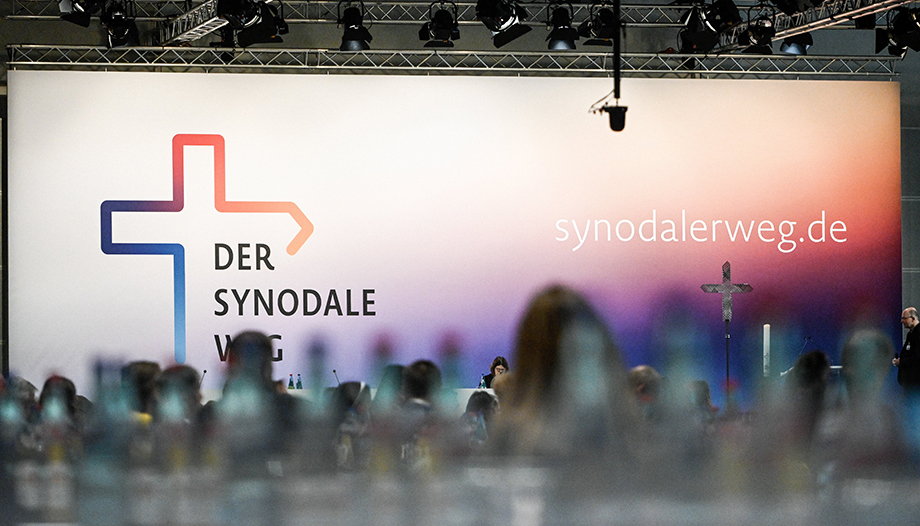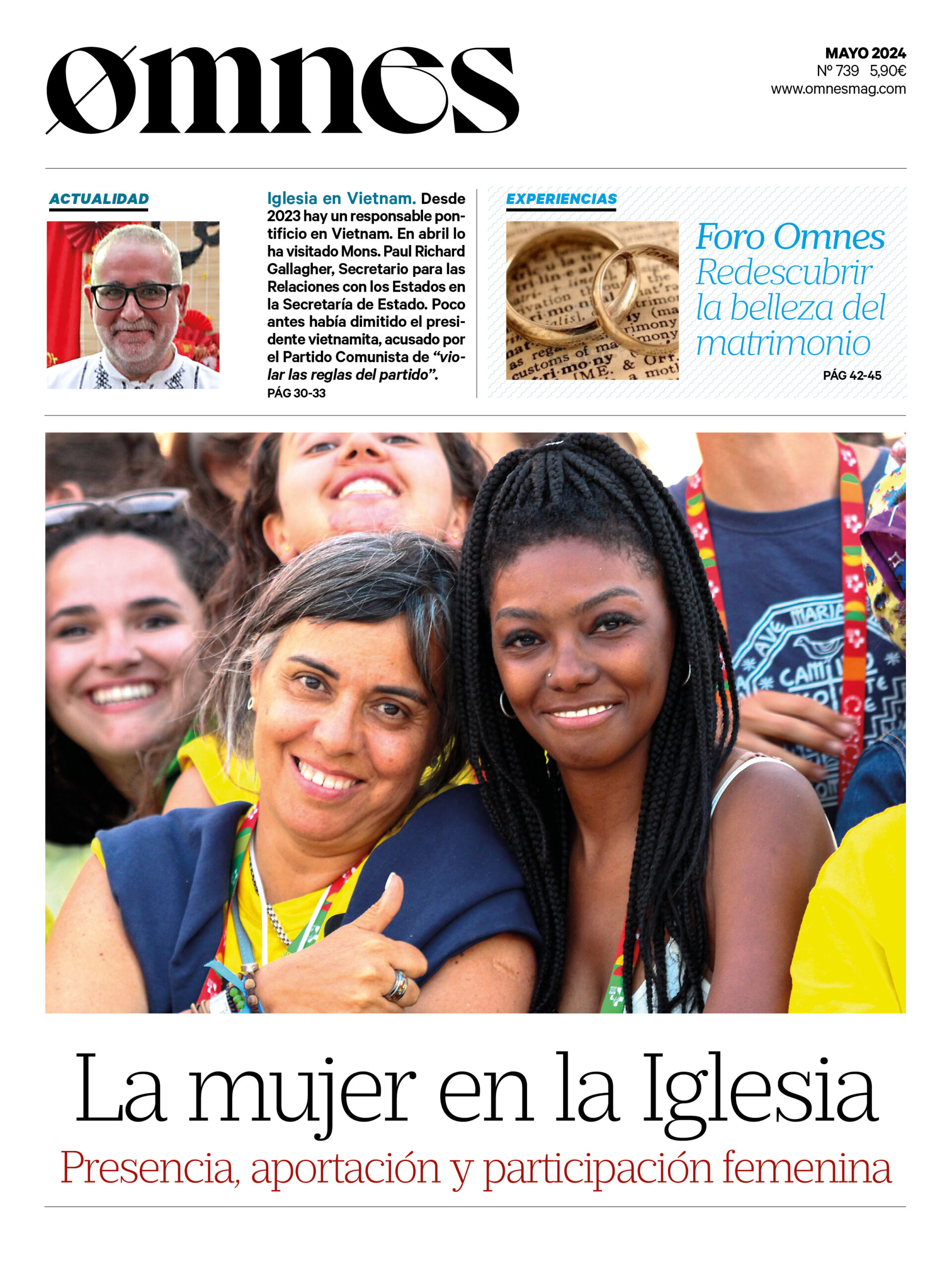









The Standing Commission of the German Bishops' Conference (DBK) has approved the statutes of the "Synodal Committee", with Cardinal Rainer Woelki (Cologne) and Bishops Gregor Maria Hanke OSB (Eichstätt), Stefan Oster SDB (Passau) and Rudolf Voderholzer (Regensburg), who have confirmed their decision not to participate in the Synodal Committee, voting against.
As will be recalled, the idea of introducing a synodical committee or commission arose as a response to the Vatican refusal to allow the German "Synodal Way" to establish a permanent "Synodal Council", composed of bishops, priests and laity, which would function as a supervisory body for the performance of each bishop in his diocese and of the DBK at the national level. Both in a letter of January 16, 2023 as in another of the February 16, 2024the principal cardinals of the Holy See recalled that a Synodal Council "is not foreseen by current canon law and, therefore, a resolution in this sense by the DBK would be invalid, with the corresponding juridical consequences." Moreover, they questioned the authority that "the Episcopal Conference would have to approve the statutes," since neither the Code of Canon Law nor the Statute of the DBK "provide a basis for it."
To circumvent the prohibition of the Holy See, the "Synodal Way" approved the creation of a "Synodal Committee"... whose sole purpose is to prepare for the creation of a "Synodal Council". The "Central Committee of the German Laity" ZdK approved its statutes on November 11, 2023; for these to enter into force, approval by the DBK was required; initially, this was scheduled to happen at its Plenary Assembly on February 19-22 of this year. However, following the aforementioned missive from Cardinals Pietro Parolin, Victor M. Fernandez and Robert F. Prevost on February 16 - a letter expressly approved by Pope Francis - requesting that they not be addressed at the Plenary Assembly, the DBK decided to relent. During its visit to the Vatican in March 2024, a DBK delegation agreed to submit the work of the "Synodal Committee" for approval by the Holy See.
For this reason, in view of the approval of the statutes of the "Synodal Committee" by the majority of the DBK, the four aforementioned bishops of Cologne, Eichstätt, Passau and Regensburg have issued a joint statement in which they affirm that they will wait until the end of the World Synod of Synodality to decide how to proceed: "The bishops of Eichstätt, Cologne, Passau and Regensburg wish to continue the journey towards a more synodal church in harmony with the world church". They recall that the objections repeatedly voiced from the Vatican to the constitution of a "Synodal Council" as not being "compatible with the sacramental constitution of the church" leads them to the refusal to participate in a "Synodal Committee", "whose declared aim is the establishment of a Synodal Council".
The four bishops mentioned "also do not share the juridical opinion that the German Bishops' Conference can be responsible for the Synodal Committee if four members of the conference do not support the body". They therefore make it clear that it is not the DBK that is responsible for the "Synodal Committee", but the other 23 diocesan bishops.
In this way, a manifest legal uncertainty is created, since, according to the "Synodal Way" itself, the holders of the "Synodal Committee" should be the ZdK and the DBK. Therefore, from the juridical point of view, the said "Synodal Committee" is flawed or, to put it in a less juridical way, it does not exist, since it moves in a legal vacuum, it is a mere simulation. Besides the fact that a decision "by majority" contradicts the principle of synodality itself, which seeks consensus; and with the refusal of the minority, it is clear that within the DBK there is no consensus in relation to the alleged "Synodal Committee".
On the other hand, it remains to be seen how the participation of 23 bishops in a "Synodal Committee" whose objective is the creation of a "Synodal Council" prohibited by the Holy See can be harmonized with the affirmation that these bishops will submit the work of the "Synodal Committee" to the approval of the Holy See. Finding a solution in conformity with Canon Law for the "Synodal Committee" seems to be the search for the squaring of the circle.












